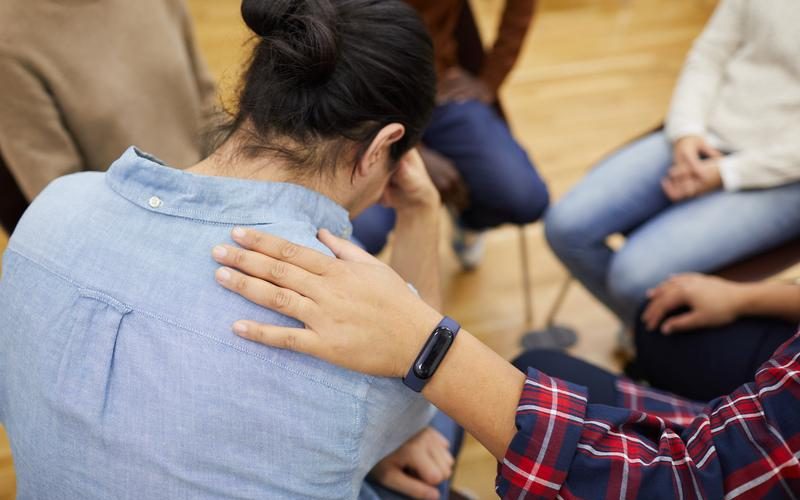Depression is one of the most common mental illnesses in the world. Despite affecting millions of people, it can also make them feel entirely alone and without support. In the midst of depression, it’s tempting to isolate yourself. Maybe you feel like it’s too hard to keep up a front around your family and friends, or you’re too afraid to have them see what you’re really going through. Ignore the voice in your head that tells you that your depression is a personal problem. Your mental health matters, and getting active support from others is one of the most powerful ways to remind yourself of the value in your life and the promise of a better future.
Family
According to Mind, your family can play an important role in supporting your recovery from depression. By simply talking to family, having them listen or being open about your depression can make a difference. Whether it’s your parents, siblings, partner, or even a beloved aunt or uncle, relying on the people closest to you can help make depression easier to bear. Family can pitch in and help you take care of the little things that always fall to the wayside on bad days, and you’ll be able to open up about how you feel to people who love you. It’s understandable if you don’t have a close family and naturally want to resist sharing the details of your mental health with them. Share resources when you can, and help your family understand your condition so they can offer better support.
Outpatient Treatment
Individual counseling can be life-saving for people with depression. According to Aurora Santa Rosa, 94 percent of Americans believe that suicide can be prevented, but most feel that they lack the skills to help. Mindfulness-Based Cognitive Therapy (MBCT) is one of the leading types of depression therapy that focuses on living in the moment and learning skills that will help you cope with dark emotions without feeling overwhelmed by them. There are also more intensive depression programs through outpatient hospital support, which you may want to explore if you feel suicidal or struggle with self-harm.
Support Groups
Support groups are a great strategy for helping you deal with your depression. These can range from in person meetings or through online support groups, like those listed on the ADAA’s website. Attending sessions can give you a safe space to talk about how you’re feeling, learn helpful coping strategies and gain a better understanding of how different types of depression affect people.
Remember that depression is a convincing liar; no matter how lost you may feel, you are not alone. These three supportive options can help you through your recovery process.
If you found this article helpful, check out this other article: How Depression Affects Our Lives and What We Can Do to Stop It





